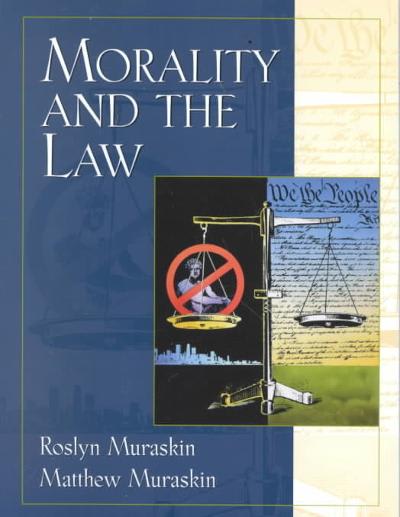Answered step by step
Verified Expert Solution
Question
1 Approved Answer
Eli saw an advertisement for the sale of a second-hand carbon fibre bicycle for $2,000 The retail price of the same bicycle was $2,800. Eli

Step by Step Solution
There are 3 Steps involved in it
Step: 1

Get Instant Access to Expert-Tailored Solutions
See step-by-step solutions with expert insights and AI powered tools for academic success
Step: 2

Step: 3

Ace Your Homework with AI
Get the answers you need in no time with our AI-driven, step-by-step assistance
Get Started


